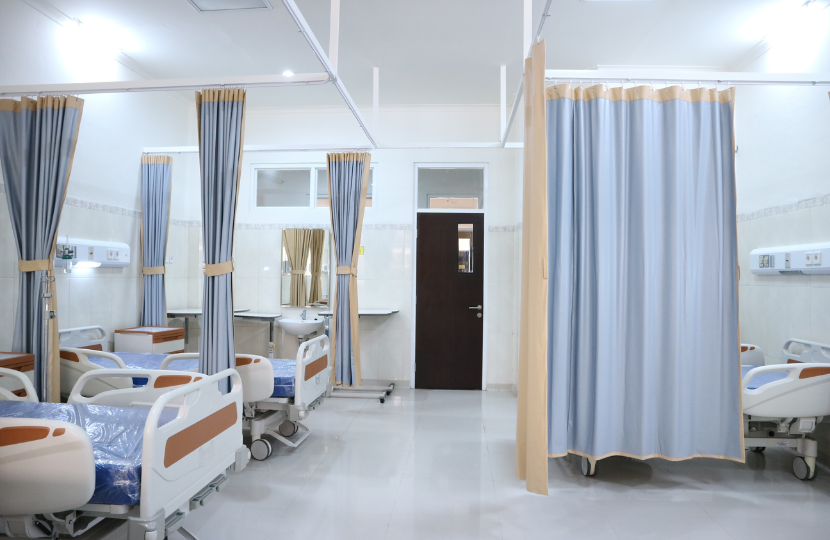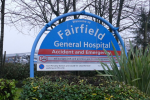
James Daly has welcomed the Government’s announcement that more than £20 billion will be invested in building new hospitals, including delivering on the rebuild of North Manchester General Hospital by 2030 which will provide state-of-the-art new facilities and a better environment for patients.
Also under the New Hospital Programme is the new Salford Royal Major Trauma Centre which will act as the hub site for emergency general surgery and major trauma centre for Greater Manchester. The facility is being purpose-built for the sickest patients – whom for many time is of the essence in relation to their care and treatment. Features include a resuscitation area, five emergency theatres, inpatient beds, diagnostic imaging and a helipad. It is expected the hospital will be open to patients towards the end of 2023.
The new rolling programme is part of a more sustainable, consistent approach to delivering state-of-the-art new hospitals for staff and patients. It will mean further future investment to upgrade NHS facilities across the country, with details to be agreed periodically to provide greater future certainty, and will allow more than 40 new hospitals to be built in the longer term.
The government is on track to deliver the manifesto commitment to build 40 new hospitals in England by 2030. Two hospitals are already complete and five in construction. By the end of next year more than 20 will be underway or complete.
MP for Bury North, James Daly said:
“These two new hospitals for our area will make a real difference to people in Bury. They will be fundamental in providing life-saving care and also help deliver on the Government’s commitment to cut NHS waiting lists.
“The investment in the trauma centre is so important for the most critical health emergencies in our area and it is brilliant to see long-term investment in North Manchester General to provide modern facilities for patients and staff.”
The government has also announced that it will rebuild five more hospitals constructed mostly using reinforced autoclaved aerated concrete –a lightweight type of concrete used to construct parts of the NHS estate in the past but which has a limited lifespan, after which it deteriorates significantly.
The NHS has asked the Government to prioritise the rebuilding of these hospitals given the risks they pose to patients and staff - the full extent of which has come to light since the New Hospital Programme was first announced in 2020.
Two of the worst affected hospitals - West Suffolk Hospital in Bury St Edmunds and James Paget Hospital in Norfolk - have already been announced as of the New Hospital Programme and the construction of these major new hospitals will be prioritised to ensure patient and staff safety.
Three mental health hospitals will also be delivered through wider capital funding – as part of a commitment to eradicate dormitory accommodation from mental health facilities across the country and put mental health on an equal footing to physical health.
Health Minister Lord Markham said:
“We are investing in new NHS facilities across the country giving patients the certainty they can access world-leading care in state-of-the-art hospitals, both now and in the years to come.
“In the immediate term, we’re focussing on quickly and safely rebuilding hospitals in areas which need it most – specifically those affected by this specific type of concrete, which poses a significant risk to patients and staff if not rebuilt by 2030.
“In the long term, our new standardised design means we can rapidly replicate new hospitals across the country, helping speed up construction and improving services for patients faster.”
Senior Responsible Owner of the New Hospital Programme Natalie Forrest said:
“This is a significant milestone for the New Hospital Programme as we continue to progress with delivering facilities for staff and patients at the cutting edge of modern technology with the experience of those who will use these hospitals at the heart of our focus.
“We’re continuing to build healthcare infrastructure that improves patient care – including modern designs, creating single rooms ensuring maximum natural light and access to outdoor spaces. This new design will reduce the workload of NHS staff through digital solutions, well designed flow and designated areas for staff recuperation.
“I look forward to continuing to work with all Trusts already in the programme and welcoming the new ones into the New Hospital Programme.”






